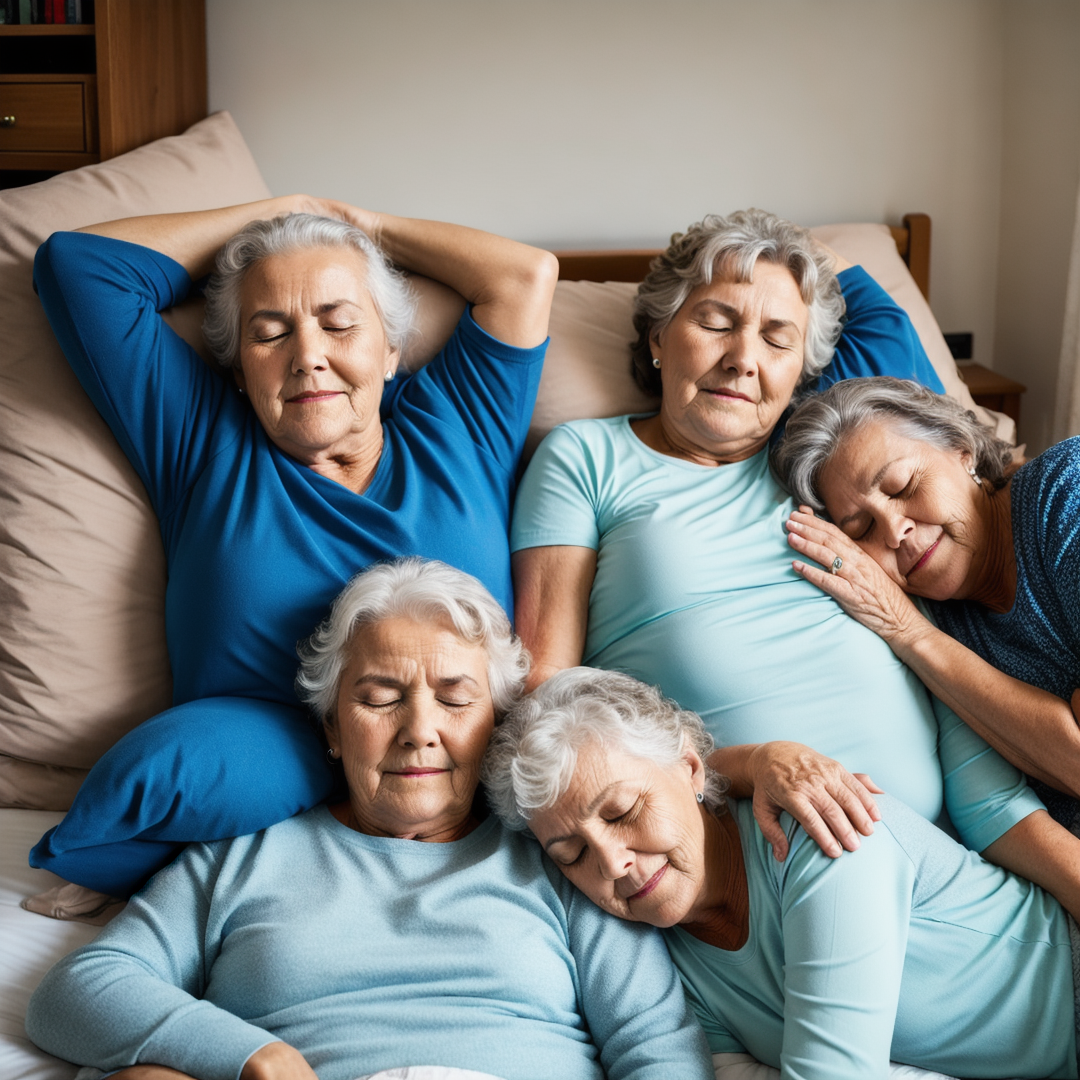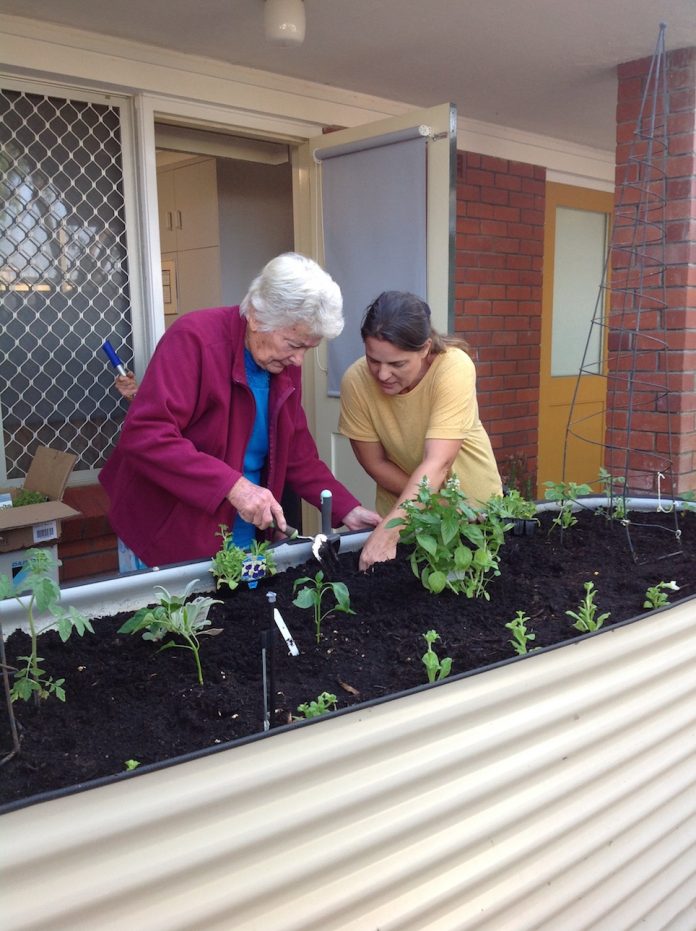Bethanie, Western Australia’s most recognised not-for-profit aged care and retirement living provider, is always looking for ways to combat social isolation, recognising the importance of remaining active and connected to others and the positive impact this can have on overall mental and physical wellbeing.
15 residents living in one of Bethanie Elanora’s dementia wings are now reaping the rewards of a newly installed sensory garden.
Bethanie Occupational Therapist Megan Jupp says, “The planning and organising of the garden was done over a few months. We initially had a meeting with residents, family members, staff and volunteers to plan what we would like to see in the garden.”
It was a combined effort with both the therapy team and volunteers working with residents to plant the garden, and the Bethanie maintenance team assisting with clearing the garden, installing a shade sail, organising paving, installing reticulation and general maintenance of the garden.
Megan says, “There weren’t many plants in the garden and the raised bed was not being utilised, so with evidence suggesting that being in natural surroundings has a positive impact on our health, wellbeing and quality of life, we decided to turn it into a sensory garden.
“The aim was to create a sensory garden that had many smells, colours and textures. Examples of the plants in the garden include lavender, honey suckle, kangaroo paw, annuals, tomatoes and herbs like thyme, basil and rosemary.”
Some of the benefits of gardening for people with dementia include it being an enjoyable form of exercise which also encourages use of motor skills, promotes relaxation, encourages reminiscence and promotes social interaction.
Megan adds, “We have several residents who are avid gardeners and are actively involved in the care of the garden. They can frequently be seen outside raking leaves, watering and tending to the plants. Also, the raised garden bed means that it is accessible for all of our residents.”

































